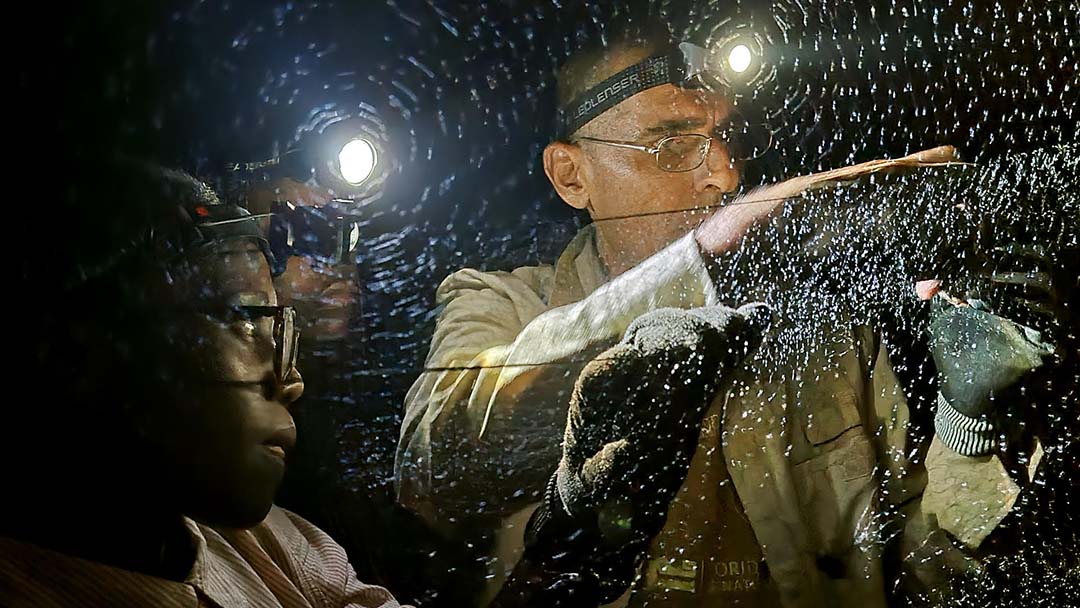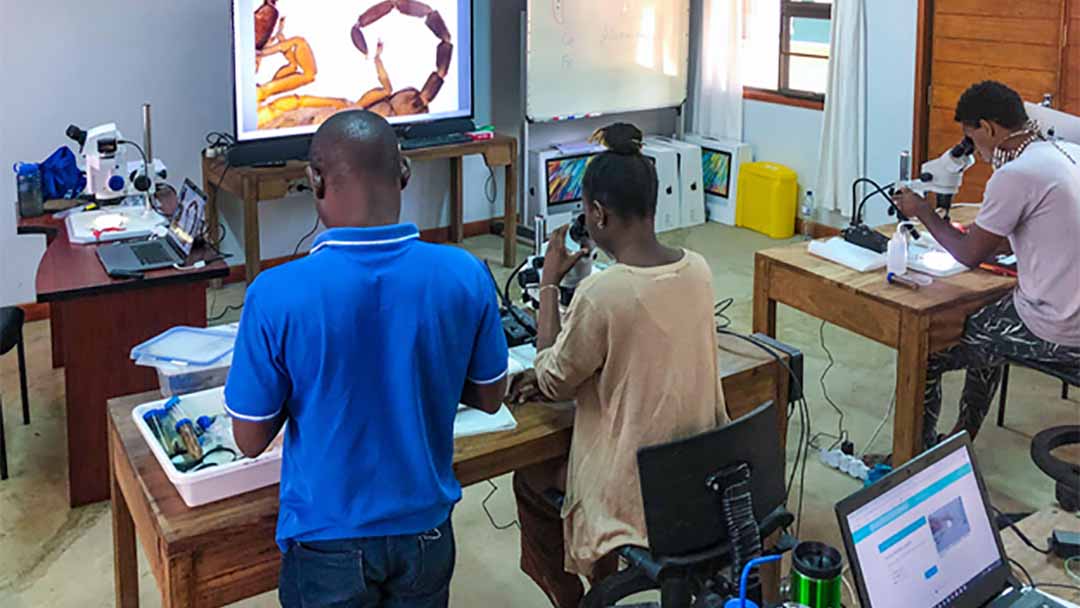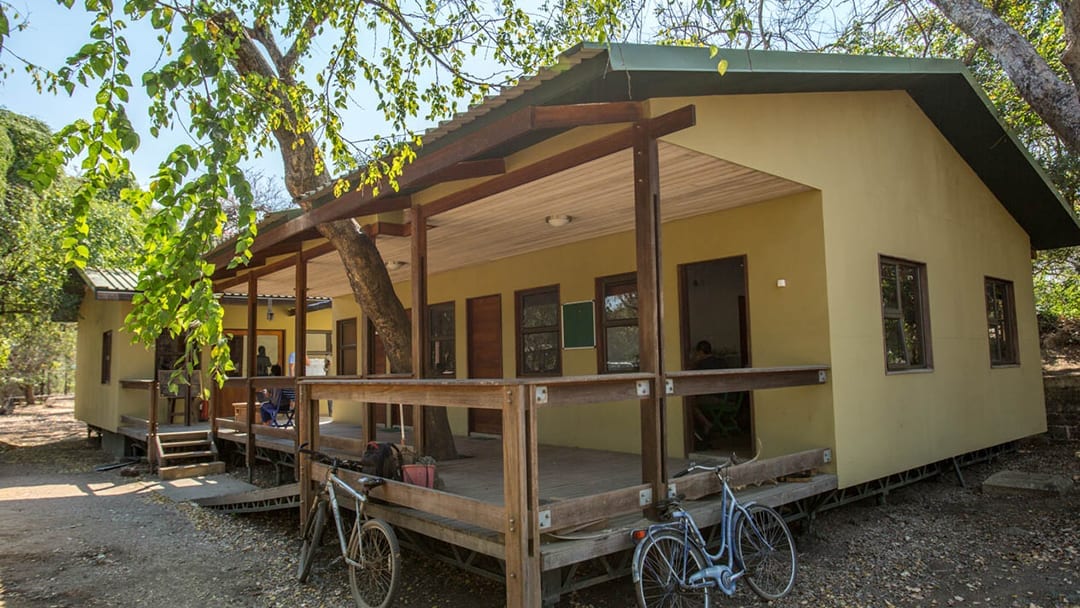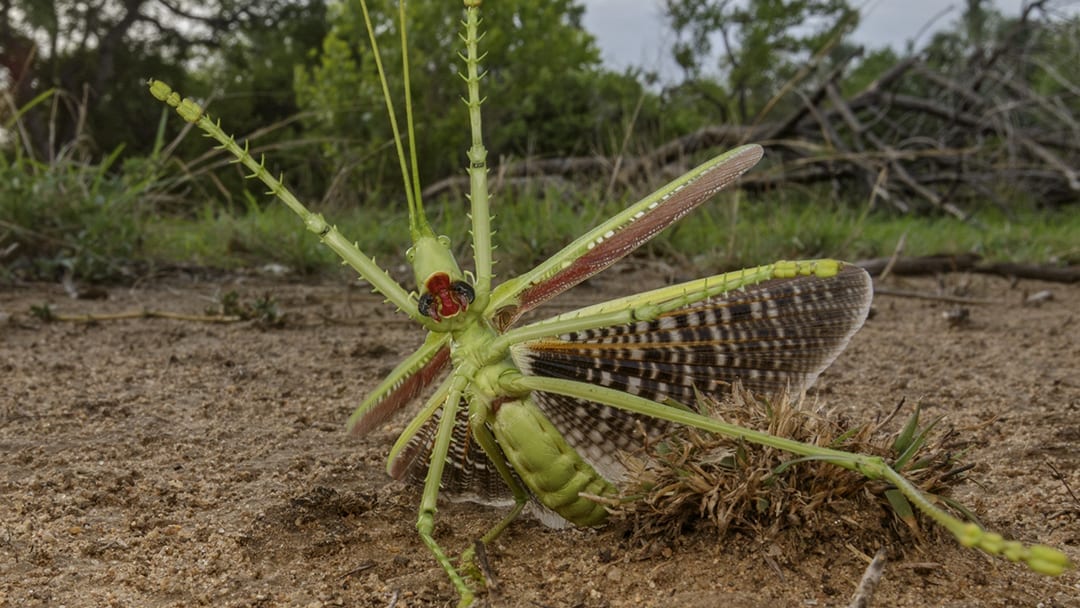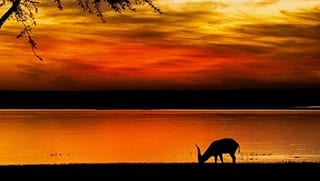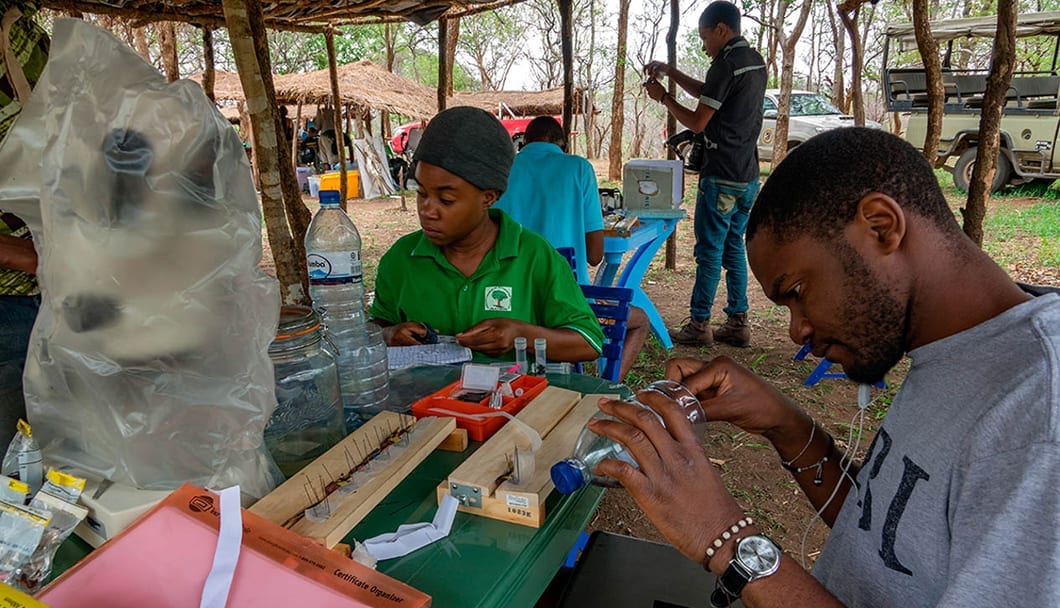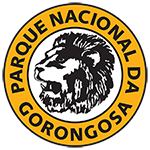Faculty Members
Dr. Salomão Bandeira
Institutes: Universidade Eduardo Mondlane, Departamento de Ciências Biológicas
Research: coastal dunes, environmental management and restoration, mangroves, sea grass
Dr. Laura Barraza
Courses taught: Research and Thesis I and II; Perspectives and Methods in Conservation Social Science Research
Institution: Gorongosa National Park
Course taught: Evolution
Research: human evolution, mammalian evolution, paleoanthropology, paleoecology
Dr. Luís Comissário
Course taught: Mammal Ecology and Conservation
Institution: Higher Polytechnic Institute of Gaza
Research: ecology, Mangrove ecology, Post-reintroduction monitoring of wildlife, Wildlife management.
Dr. Adrian Garside
Course taught: Conflict and Conservation
Dr. Teresa Gamito
Courses taught: Politics of Conservation and Governance; Conservation, Ecotourism, and Rural Development
Institution: University of Lisbon
Research: sustainable/strategic territory development
Dr. Cristina Máguas
Dr. Tara Massad
Courses taught: Introduction to Conservation Biology; Research and Thesis I and II; Methods in Conservation Biology
Institution: Gorongosa National Park
Research: chemical ecology, plant-insect interactions; reforestation, tropical forest ecology and diversity
Dr. Ara Monadjem
Course taught: Ecology and Conservation of Mammals; Methods for Biodiversity Surveys
Institution: University of Eswatini
Research: conservation, ecology, mammalogy, ornithology, systematics, taxonomy
Dr. Piotr Naskrecki
Courses taught: Systematics and Bioinformatics; Entomology: Insect Biodiversity, Ecology, and Conservation of African Ecosystems; Methods for Biodiversity Surveys
Institution: Gorongosa National Park
Research: biodiversity, conservation, entomology, taxonomy
Bibiana Américo Fernando Nassongole, MSc
Course taught: Marine Conservation
Institution: Universidade Lúrio, Faculdade de Ciências Naturais
Research: fisheries management, macroinvertebrates
Dr. Anders Nielsen
Course taught: Applied Pollination Biology
Research: agro-ecology, climate change, ecological networks, ecosystem services, insect behavior, plant-pollinator interactions, pesticides, statistical modelling
Dr. Jorge Palmeirim
Course taught: Ecology and Conservation of Birds
Research: bats; biodiversity, conservation, ornithology, pasture-woodland, spatial modelling, tropical ecology
Dr. Octavio Paulo
Courses taught: Conservation Genetics
Research: bioinformatics, conservation genetics, genomics, phylogenetics
Dr. Rui Rebelo
Dr. Ana Ribeiro
Course taught: Techniques in Molecular Biology (in collaboration with Ivete Maquia)
Research: agrobiotecnology applied to the management and characterization of agro-forestry resources; biodiversity, biology of plant-environment interactions; ethnobotany
Dr. Natasha Ribeiro
Course taught: Restoration and Ecosystem Services
Institution: Faculty of Agronomy and Forest Engineering University of Eduardo Mondlane
Research: conservation and forest restoration, fire ecology, evaluation and environmental impact assessments, forest biomass and carbon sequestration, remote sensing
Dr. Mark-Oliver Rödel
Course taught: Ecology and Conservation of Amphibians and Reptiles; Methods for Biodiversity Surveys
Institution: Museum für Naturkunde
Research: amphibians; conservation, ecology, environmental change, reptiles, systematics
Dr. Carlos Serra
Course taught: Culture and Economics of Natural Resource Management
Institution: Eduardo Mondlane University
Research: environmental activism, environmental law
Dr. João Neves Silva
Course taught: Statistical Analysis and Experimental Design
Institution: Forest Research Centre, School of Agriculture, University of Lisbon
Research: wildfires, land cover/land use mapping, vegetation monitoring, remote sensing
Dr. Lino Sander de Carvalho
Course taught: Landscape Ecology and Tools for Spatial Analyses
Institution: Universidade Federal do Rio de Janeiro
Research: environmental analyses, geoinformatics, remote sensing, water quality
Dr. Marla Mujovo
Institution: Universidade Zambeze
Scientific Council member
Dr. Sonia Maciel
Institution: Universidade Lúrio
Scientific Council member
Institution: Instituto Superior Politécnico de Manica
Scientific Council member
